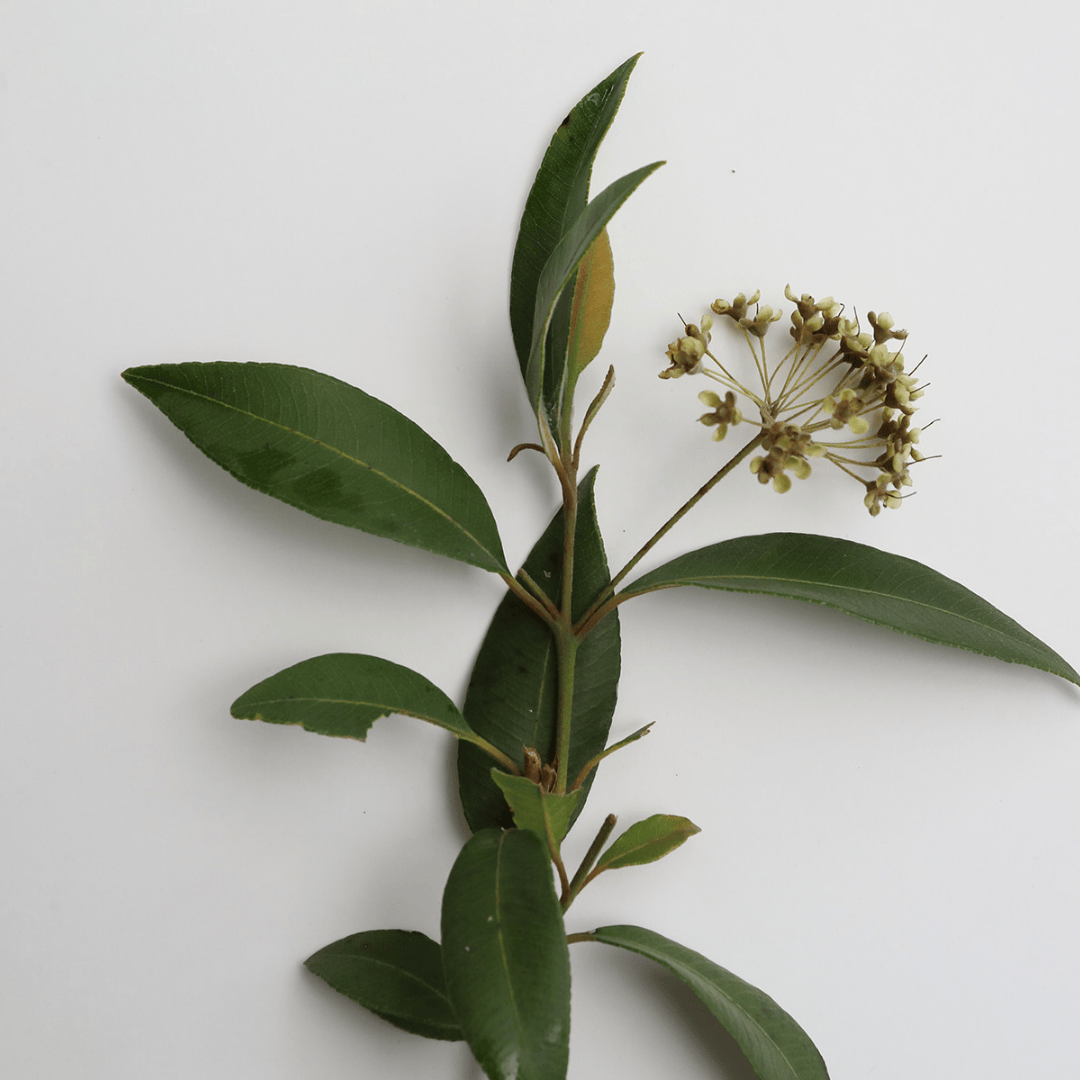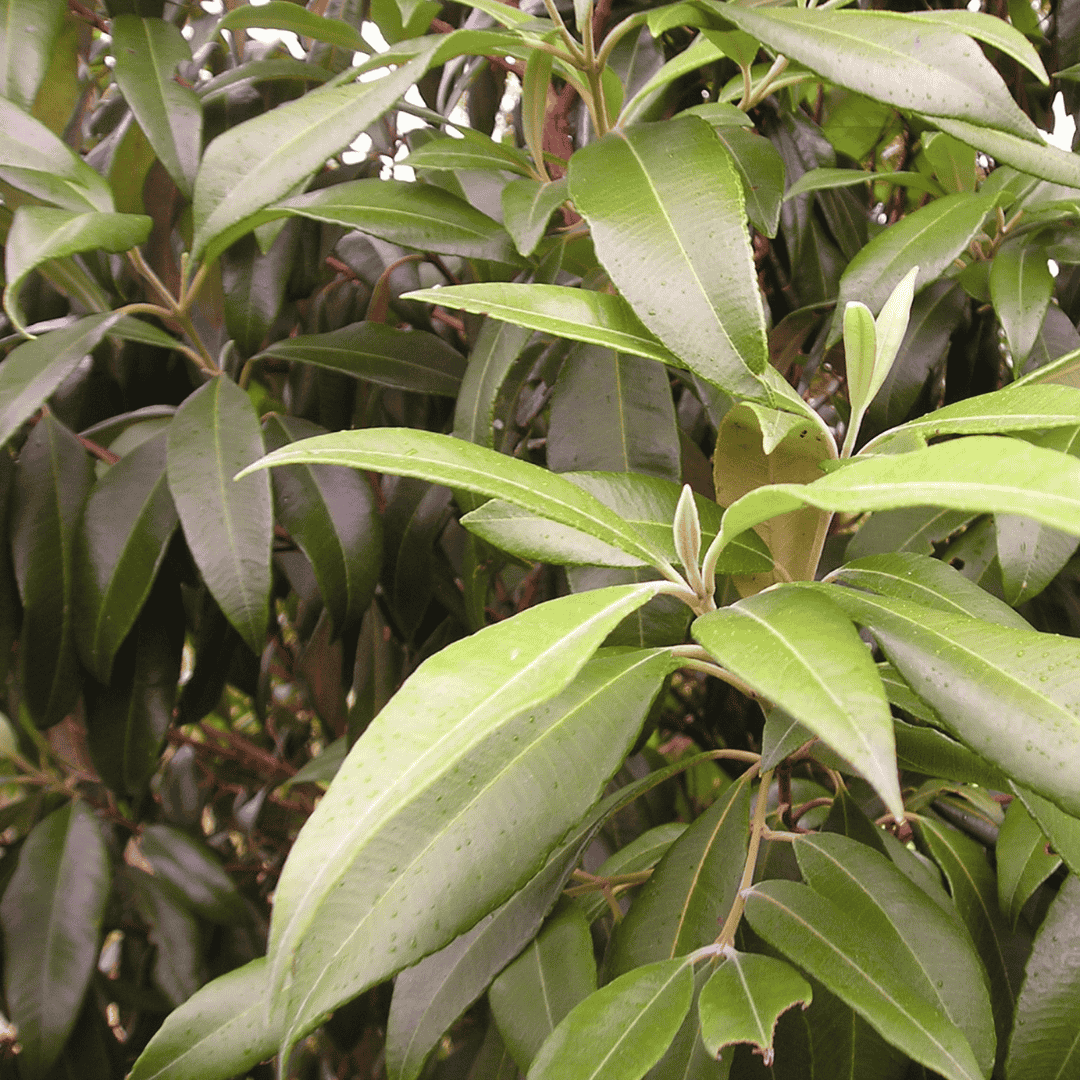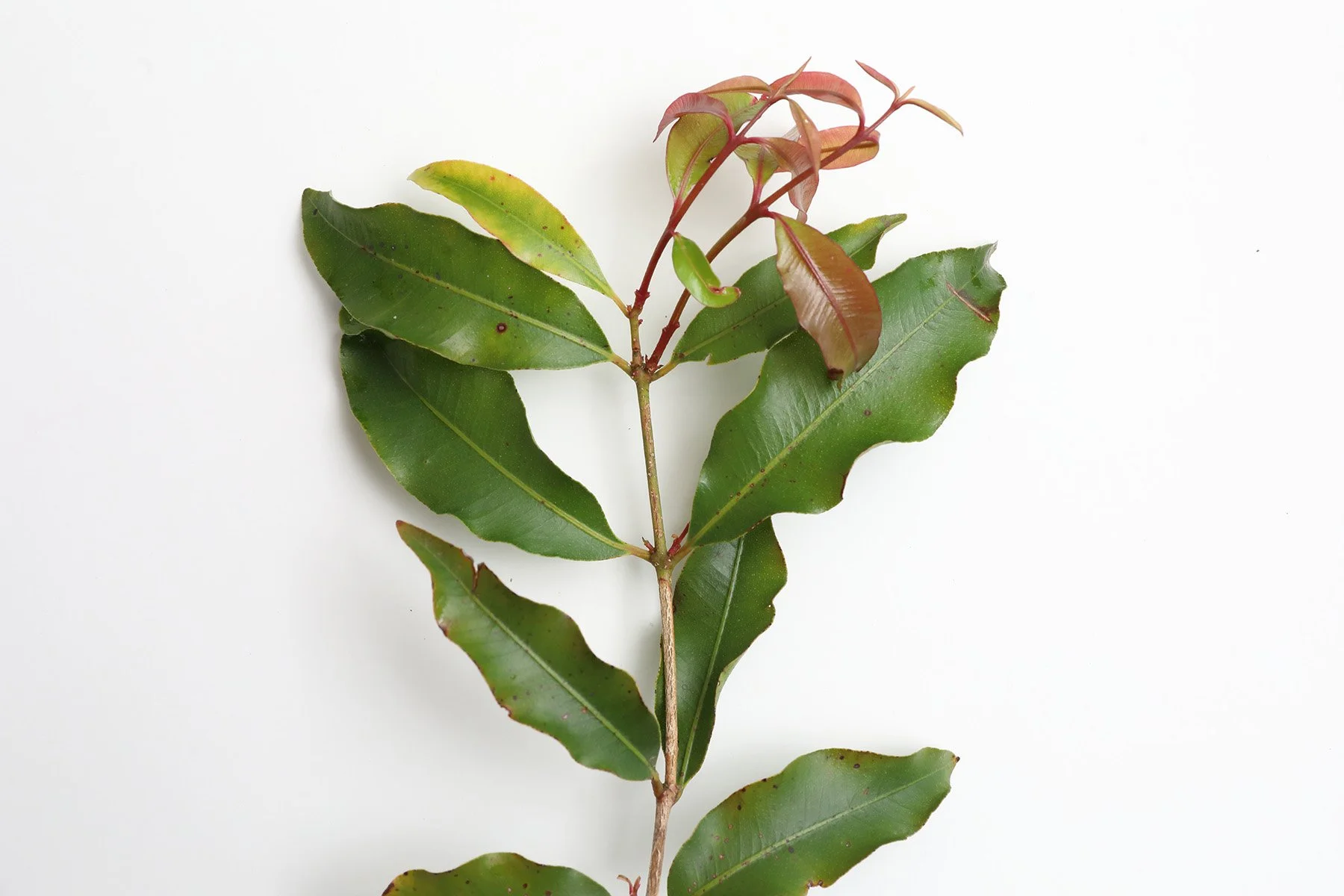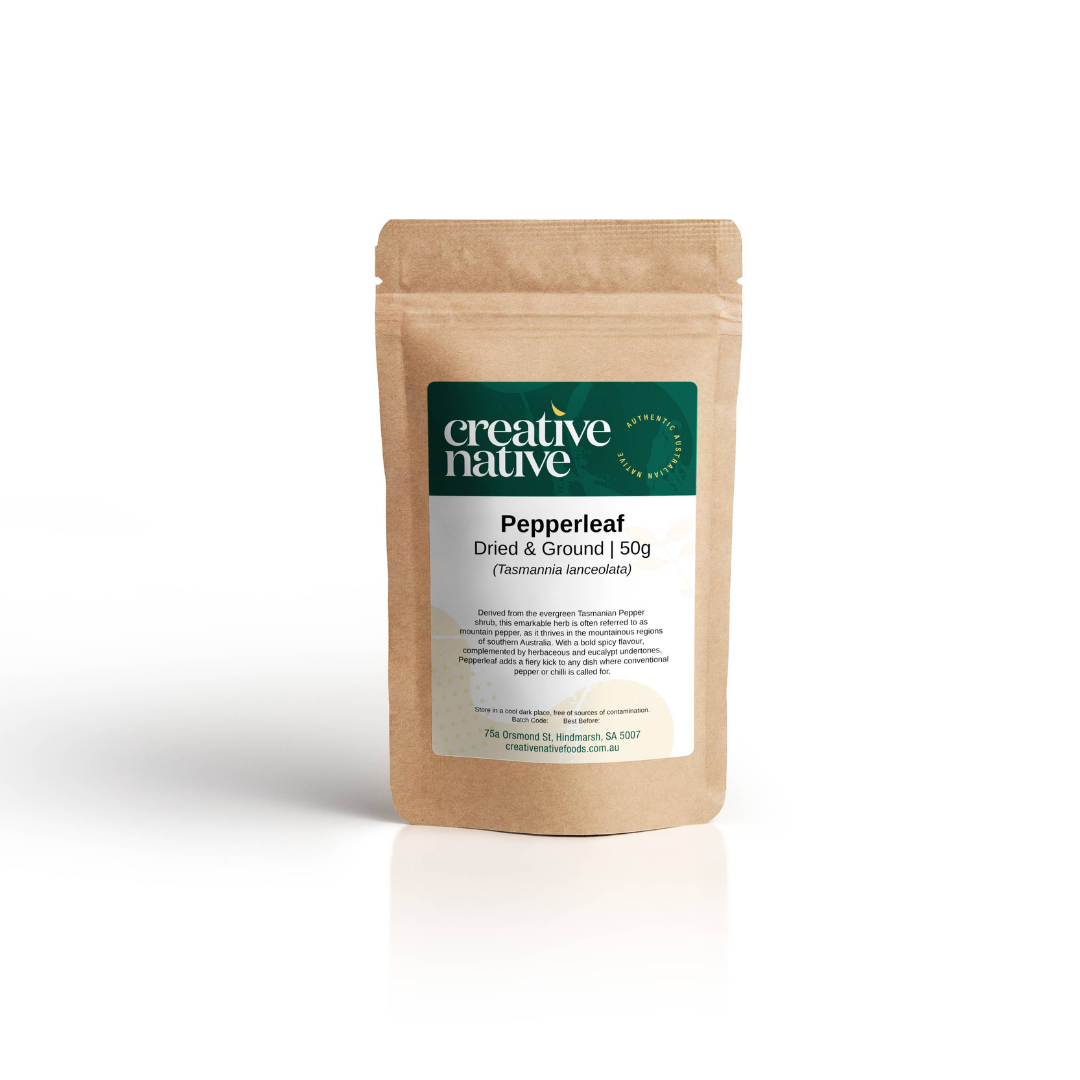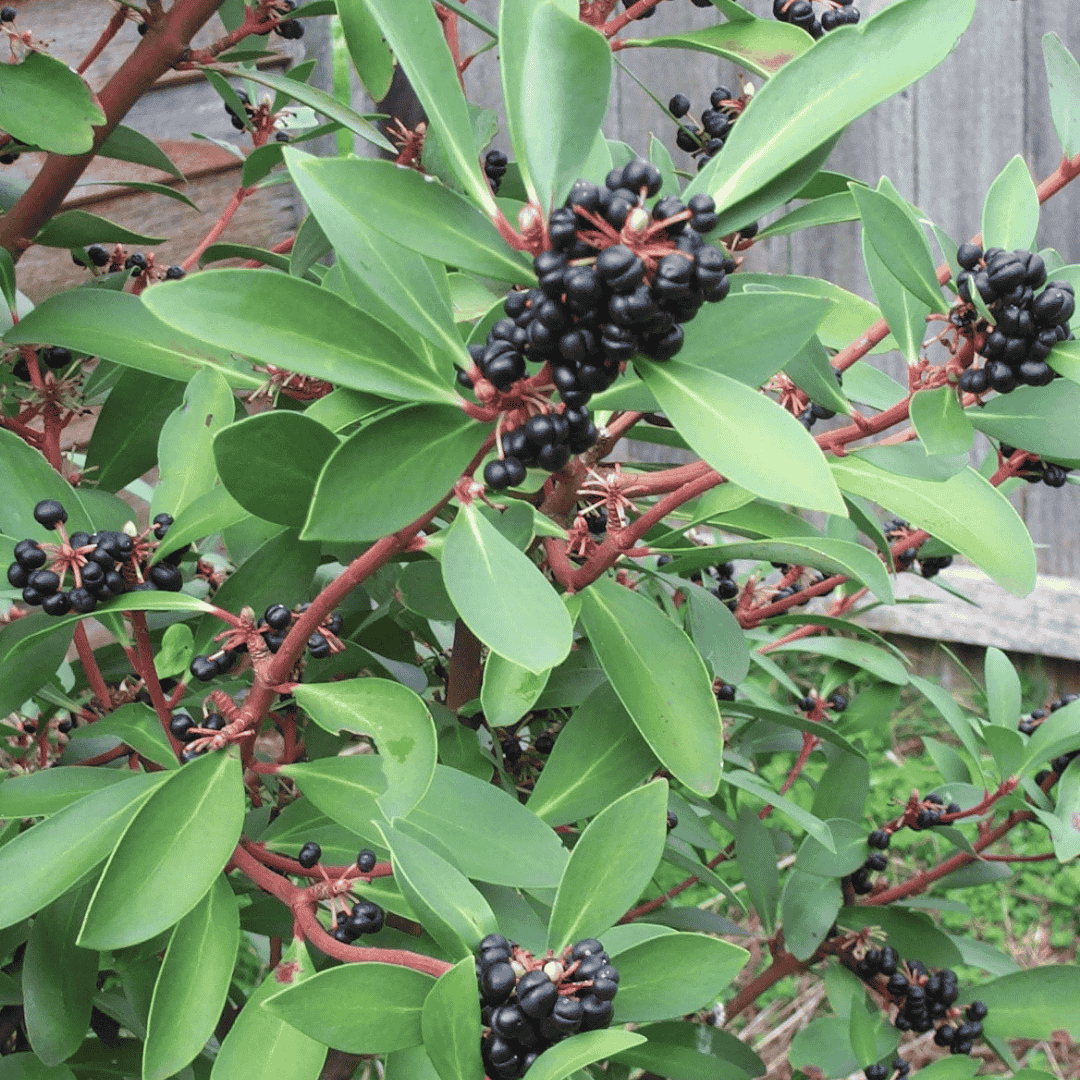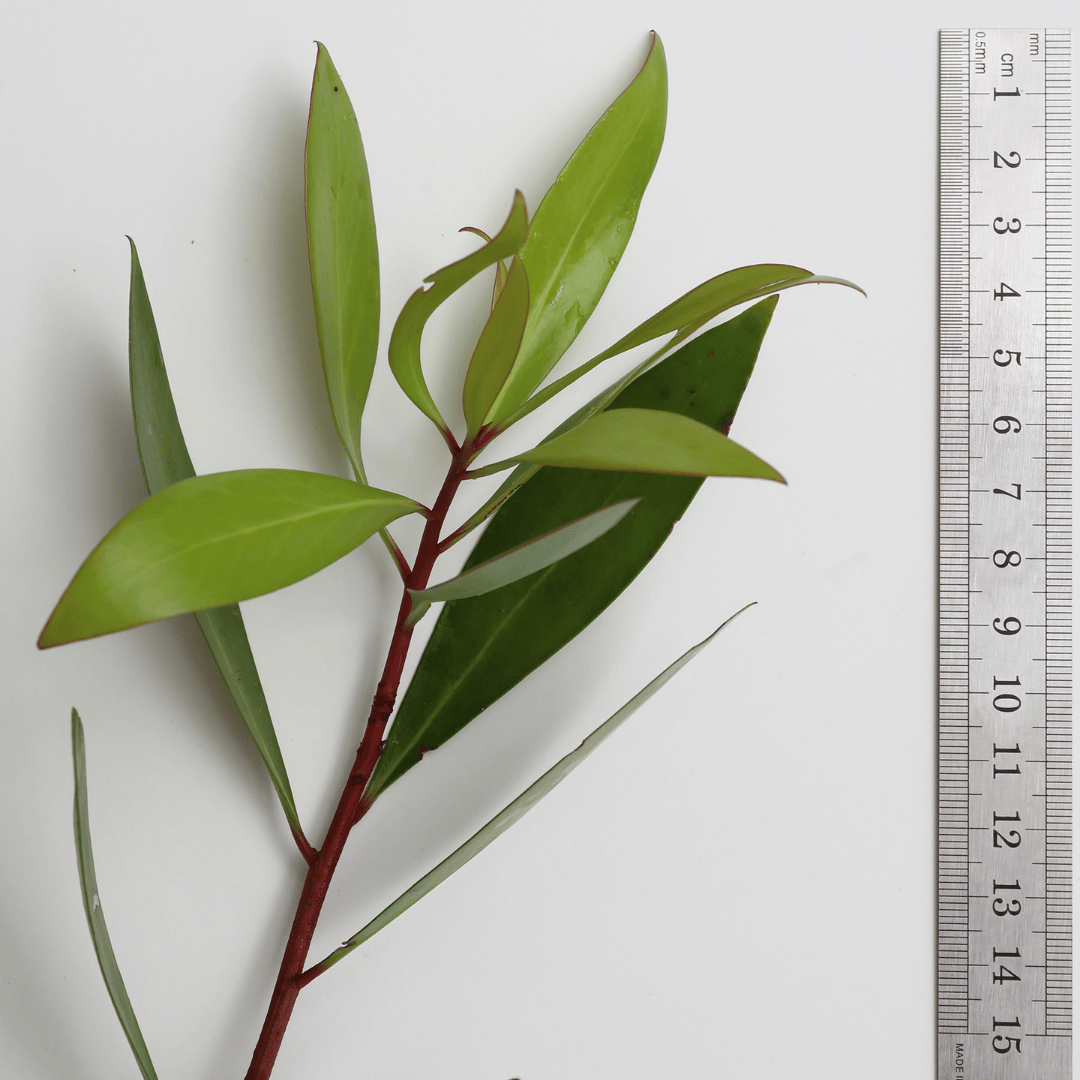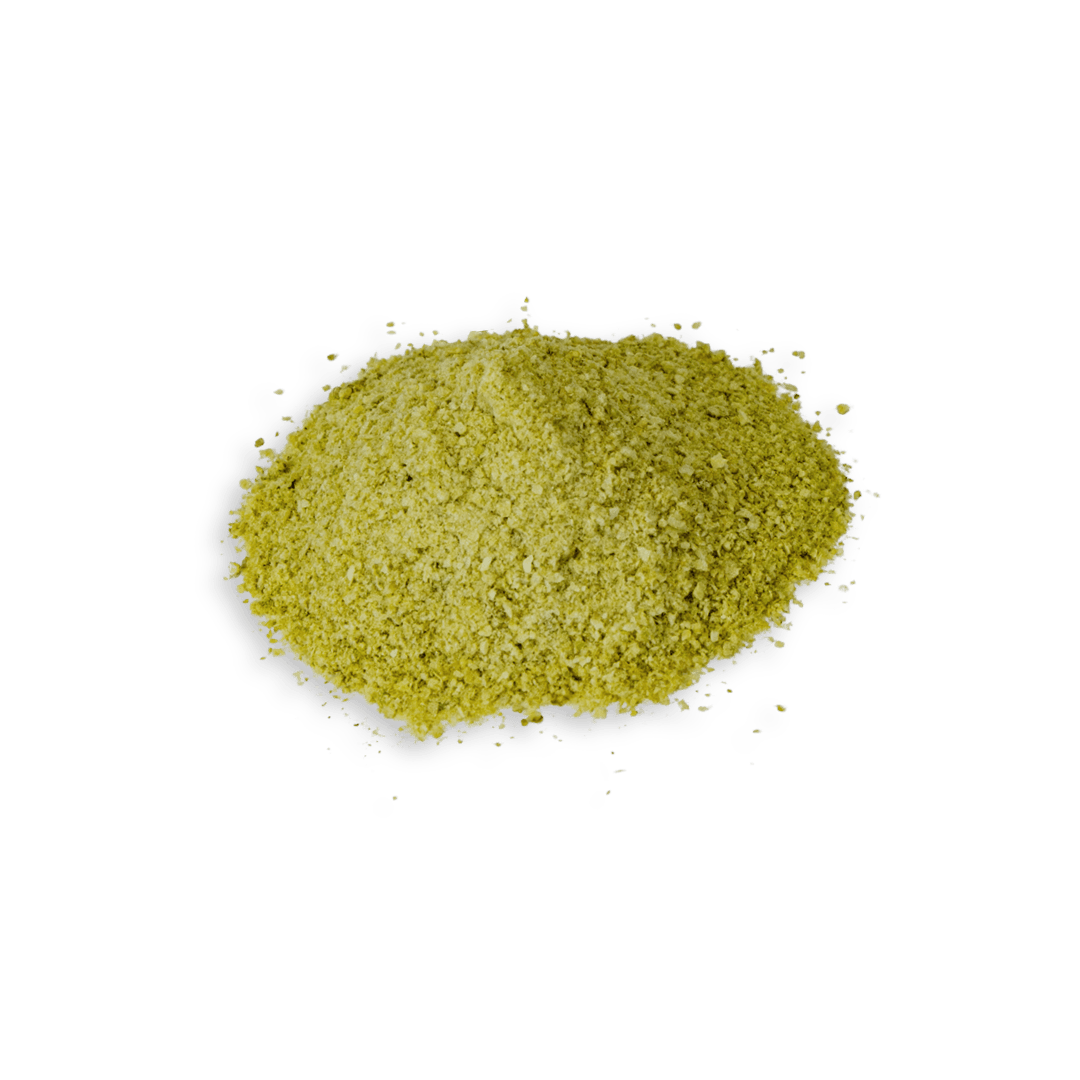-
Garnish: Sprinkle powder on top of yoghurt or desserts like ice cream, pudding, or cheesecake for added flavour and a pop of colour.
Salad Dressings and Vinaigrettes: Blend powder into salad dressings or vinaigrettes to create unique and zesty flavour profiles for your salads.
Cocktails and Mocktails: Use herb powder as a rimming salt or sugar for cocktail glasses, or mix it into your favourite alcoholic or non-alcoholic beverages for fruity cocktails and mocktails.
Marinades and Glazes: Combine powder with other ingredients like herbs, spices, and liquids to make flavourful marinades and glazes for meat, poultry, or seafood.
Smoothies and Shakes: Blend powder into your favourite smoothie or milkshake for an instant burst of zesty flavour. It dissolves easily in liquids and adds natural sweetness.
Baking: Incorporate powder into your baking recipes. You can add it to cake batters, muffin mixes, pancake or waffle batter, or even cookie dough to infuse your baked goods with a zesty flavour.
-
Lemon Myrtle should be used sparingly, as its flavour can be quite potent. Start with a small amount and adjust to taste.
Store in an airtight container, in a cool dark place. Exposure to light will affect the colour and potency of this product.
-
Antioxidant Properties: Lemon Myrtle is believed to have high antioxidant activity. Antioxidants help protect the body from oxidative stress by neutralizing harmful free radicals, which are associated with various chronic diseases and aging.
Antimicrobial Effects: Lemon Myrtle has shown strong antimicrobial properties, particularly against bacteria and fungi. This makes it useful in promoting good oral hygiene and potentially supporting the immune system. Some people use it as a natural antimicrobial agent, such as in mouthwashes or gargles.
Anti-Inflammatory Effects: It is suggested that Lemon Myrtle may have anti-inflammatory properties, which could be beneficial for conditions involving inflammation. However, more research is needed to confirm this.
Digestive Health: Some people use Lemon Myrtle tea or preparations as a digestive aid, believing it may help with indigestion, bloating, and soothing an upset stomach. Its pleasant lemon flavour can also make it a soothing beverage for digestive discomfort.
Respiratory Health: Lemon Myrtle leaves have traditionally been used to help relieve respiratory conditions, such as congestion and coughs, thanks to their potential antimicrobial and anti-inflammatory properties.
Immune Support: The antimicrobial and antioxidant properties of Lemon Myrtle may contribute to immune system support. It's often included in herbal remedies designed to support the immune system.
-
Australia has strict biosecurity laws to protect native ecosystems.
Myrtle Rust, a fungal disease (harmless to humans but damaging to plants), affects the Myrtaceae family- including Lemon Myrtle, Anise Myrtle, Cinnamon Myrtle, Geraldton Wax, Riberry, Strawberry Gum and Peppermint Gum.
Restrictions:
Fresh or dried Myrtaceae products cannot be shipped to WA, NT or TAS, unless locally grown or certified by biosecurity authorities.
Processed items (oils, extracts, jams, spice blends) are exempt.
Creative Native’s Policy:
We segregate stock by state where possible, and work with accredited suppliers to protect Australia’s environment while making native foods accessible.
📌 Check your state’s rules before ordering. If you're unsure, head to the FAQs page for more information, or contact us for clarification.




